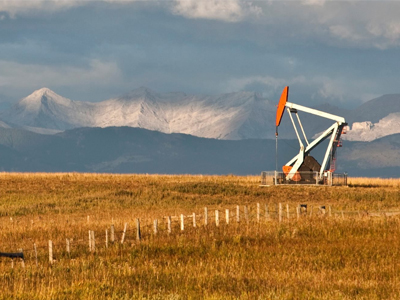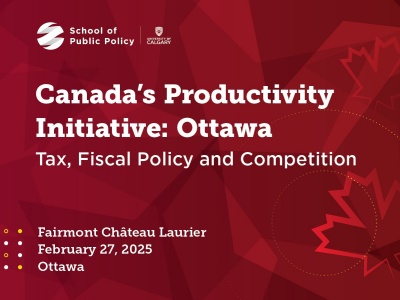What’s next for oilpatch hit by ‘perfect storm’?

Alberta oil producers have been struggling with low crude prices for months, but the situation leapt to national prominence this week as prices skidded below $14 US a barrel and some companies began calling for the provincial government to mandate production cuts.
Opinion on whether Premier Rachel Notley should intervene in the marketplace is divided — not all companies agree that the market is failing. But the fact the idea is being raised at all highlights the extraordinary concern now surfacing in the oilpatch.
These kinds of interventions weren’t even brought forward during the 2014 oil price collapse that led to thousands of job losses.
There’s much at stake for the industry and government, which benefits from taxes and royalties, says Richard Masson, an executive fellow at the University of Calgary’s School of Public Policy. He estimates that the situation is costing the provincial and federal governments, cumulatively, tens of millions of dollars every day.
“It’s a huge loss for all of us,” said Masson, former head of the Alberta Petroleum Marketing Commission.
“The challenge is, as this loss continues, people are going to have to scale back on the number of barrels produced and it’s going to impact jobs in the near term as we go through this pain.”
CBC News asked Masson — who has three decades of experience in oilsands development, energy marketing and finance — about how the oil sector arrived at this situation and the idea of mandated production cuts.
The interview has been edited for length and clarity.
Why are we at this point where the price of Western Canadian Select oil is trading so low?
“A few years ago oil prices were quite strong and there was a lot of development in the oil sector. A lot of big oil sands projects were approved. Many of them take four years to construct and employ thousands of people during that process. A number of them have actually started up in the last year or so.
“There’s been a lot of big projects come on stream, bringing on hundreds of thousands of barrels a day of new production. The challenge has been the pipelines that folks were counting on to move that production to market have found either cancellations or delays.
“So we end up with a lot of production coming out of Alberta that doesn’t have a physical way to get to a good refinery that could process it.”
Since September prices have really crashed. What’s happened more recently?
“There’s been refineries go through a process called a turnaround where they have to take down their processing units and typically change out catalysts to make sure everything is going to be safe. That can last a period of weeks. So there are big refineries in the U.S. and the Midwest — in Minnesota for example — that have gone down that typically process a few hundred thousand barrels a day of Alberta’s bitumen production.
“So there’s even less of a market right now than there typically is because of those turnarounds. We have the challenge of increasing production from from new projects, no new pipelines to move it to market, and at the other end of the line some refineries that are not online making sure that the market isn’t even there for what we had intended to produce. It’s made it into a perfect storm.”
How long might this perfect storm last?
“The challenge is we’ve filled up all the storage that’s available and we don’t have any near-term options to reduce that storage. So people are trying to ramp up rail but that’ll take a period of months — to ramp up rail exports. So it’s unclear how long these big differentials of $40 to $50 dollars a barrel are going to last. Clearly we’ve got to get the market back in balance and then start to drive down inventories for us to get back to the normal kind of $12 to $15 per barrel differential.”
We know that some of those big refineries are going to come online shortly. Does that make much of a difference?
“Well, I sure hope it does. I mean we’re losing so much money as a country right now because we’re essentially getting $15 a barrel for our Western Canadian Select production. So if the big refineries coming back online can help that, and if new rail can help, maybe we’ll move into the high $30s but it’s still probably a tough go for the next few months until the supplies from Alberta balances back up with where it should be.”
Source: CBC


